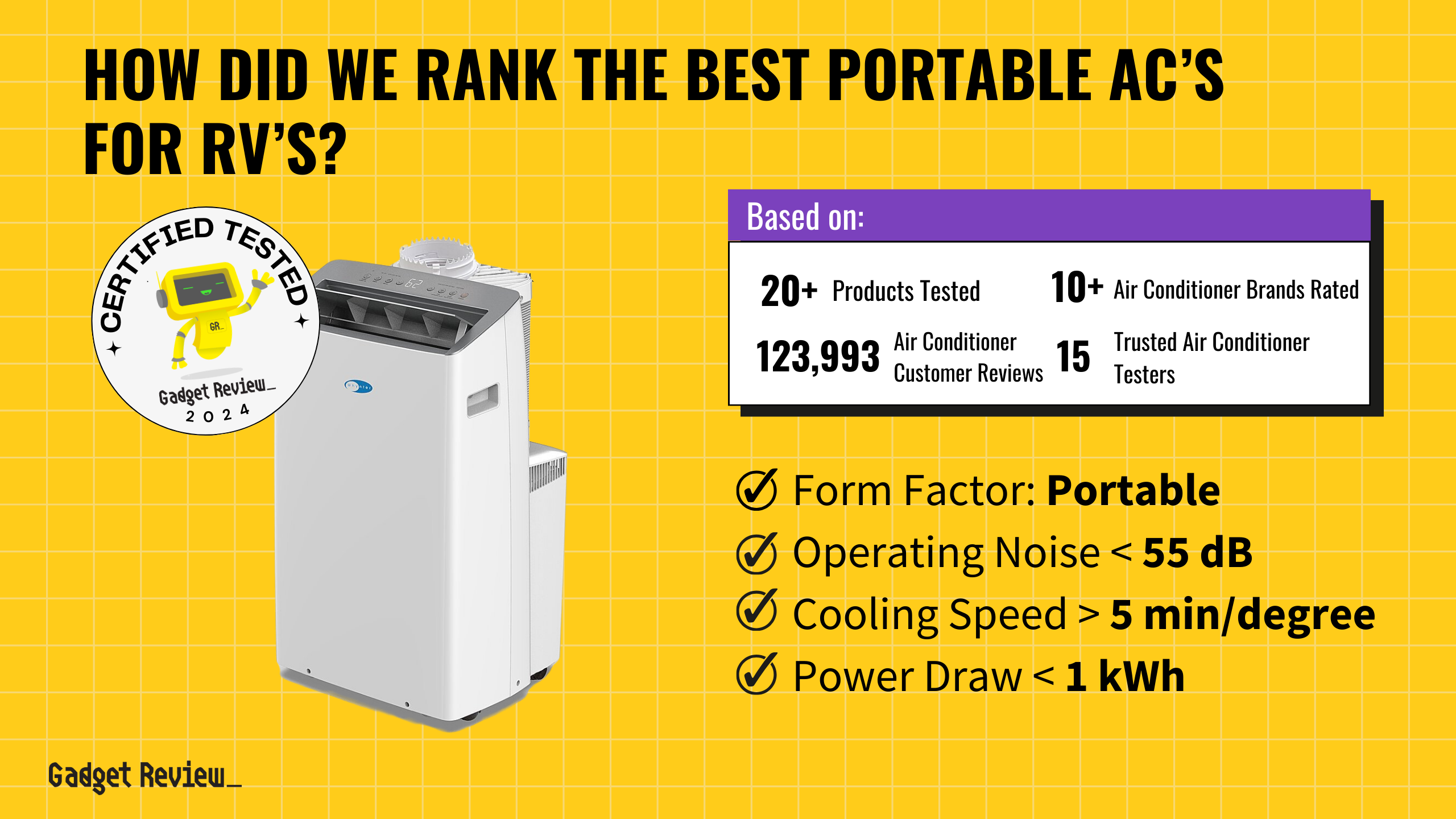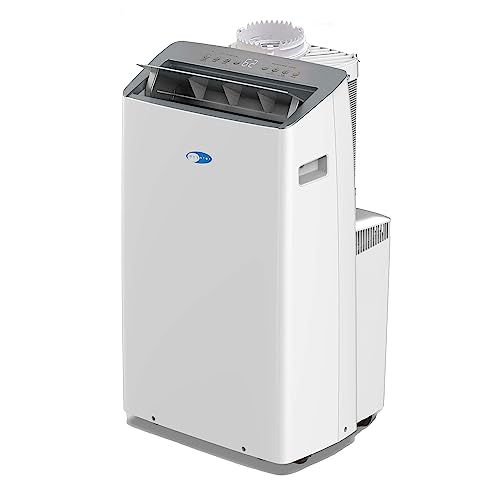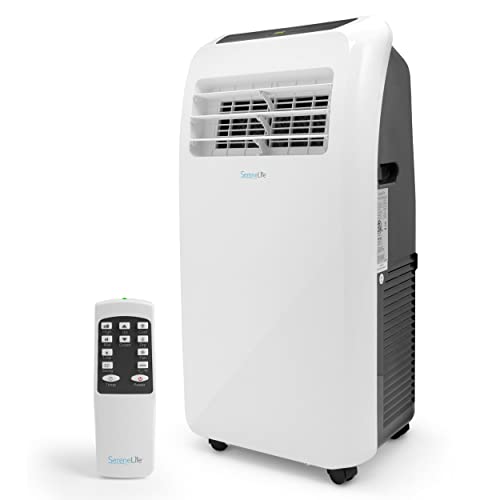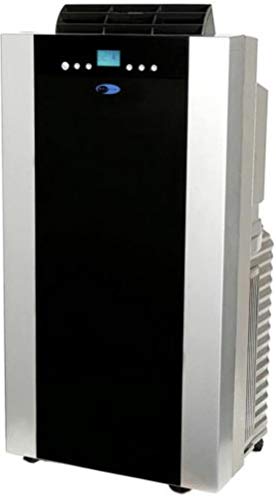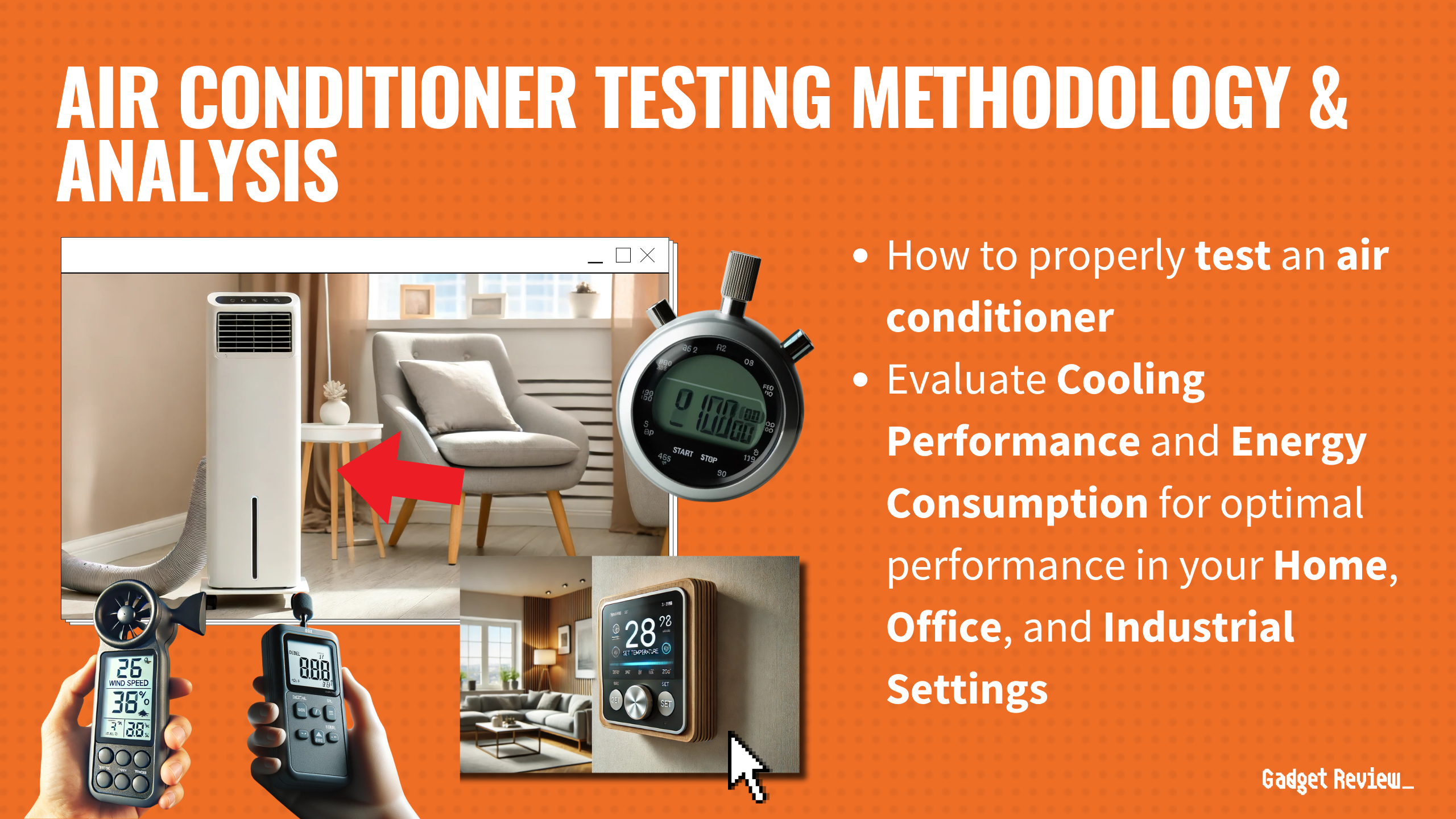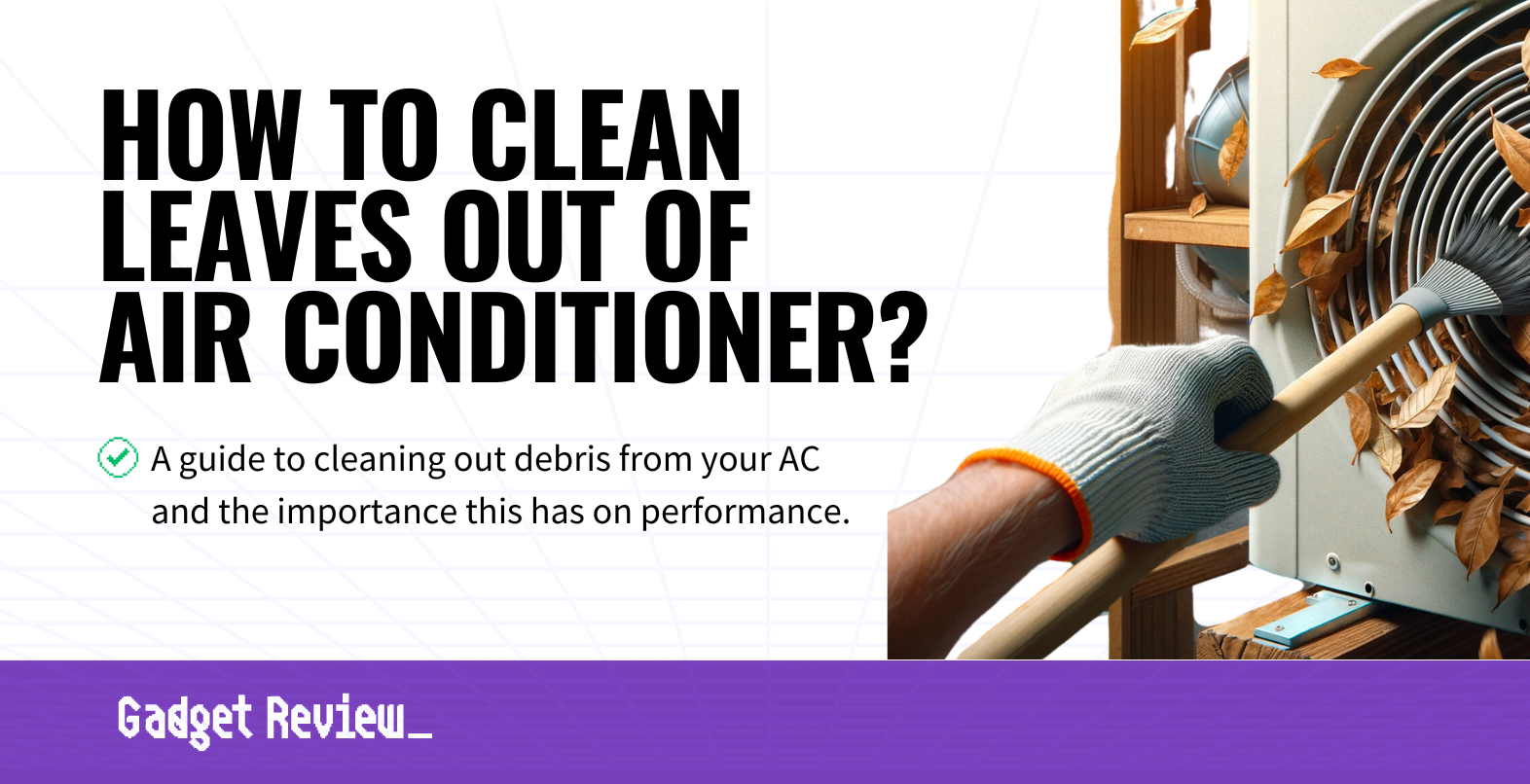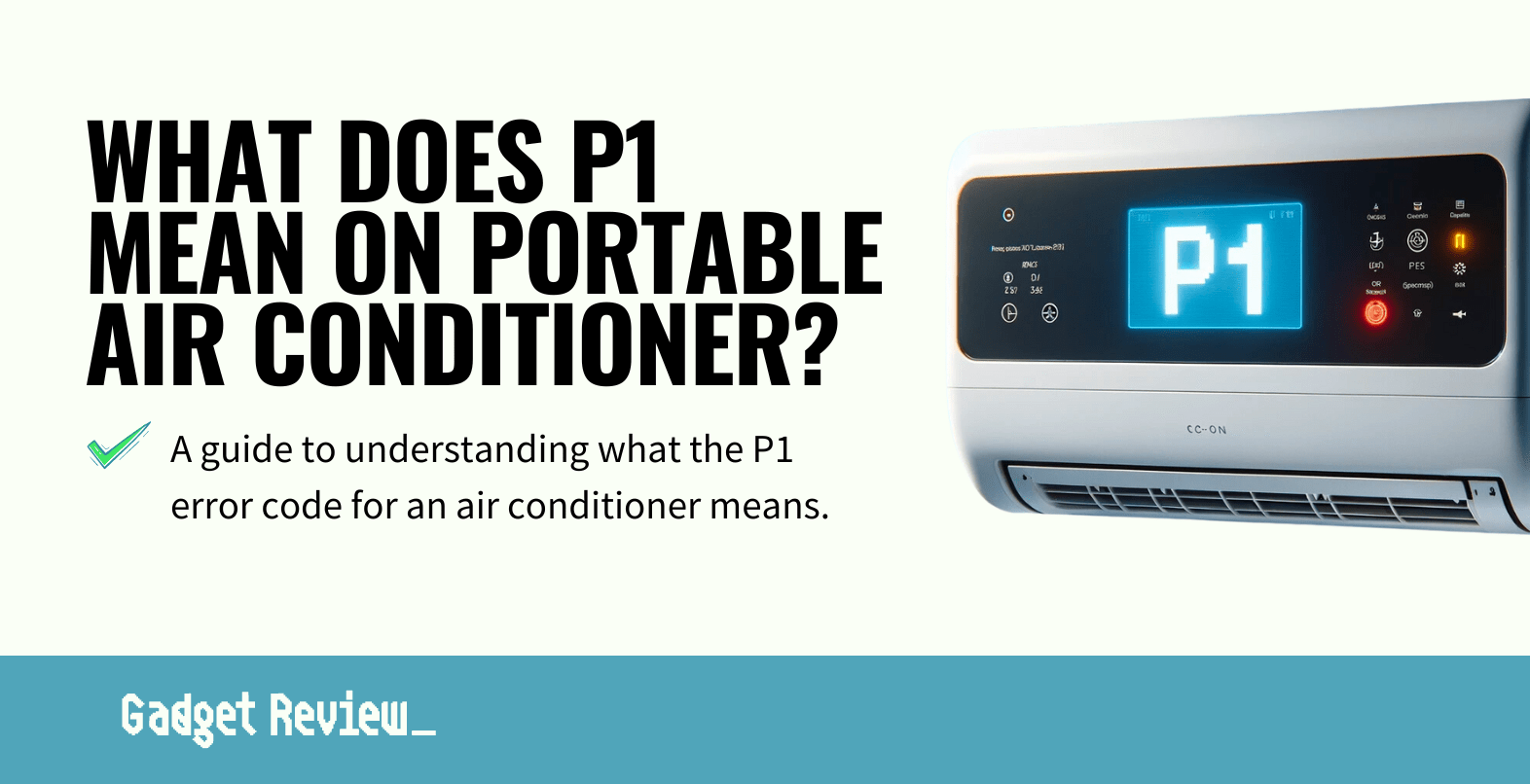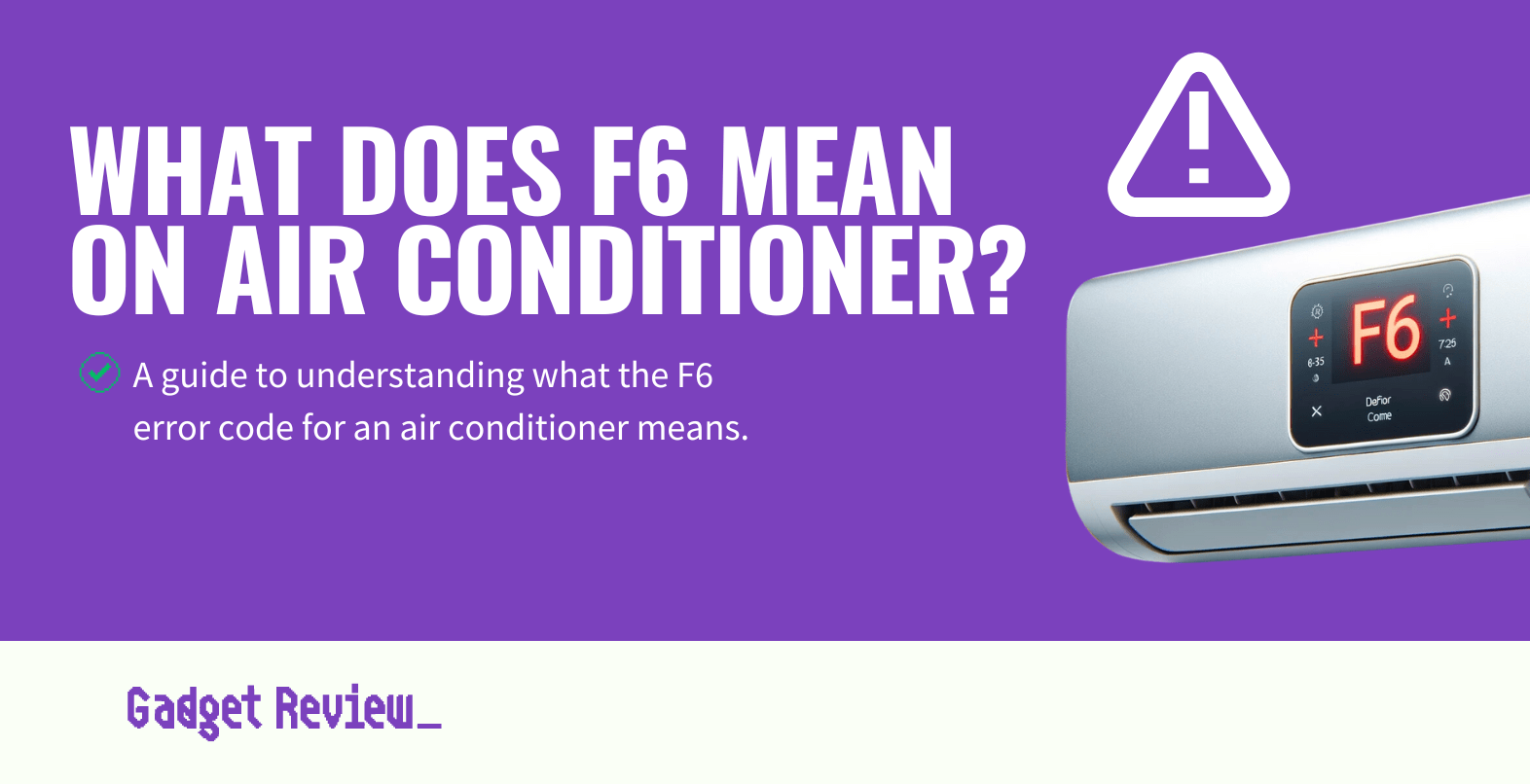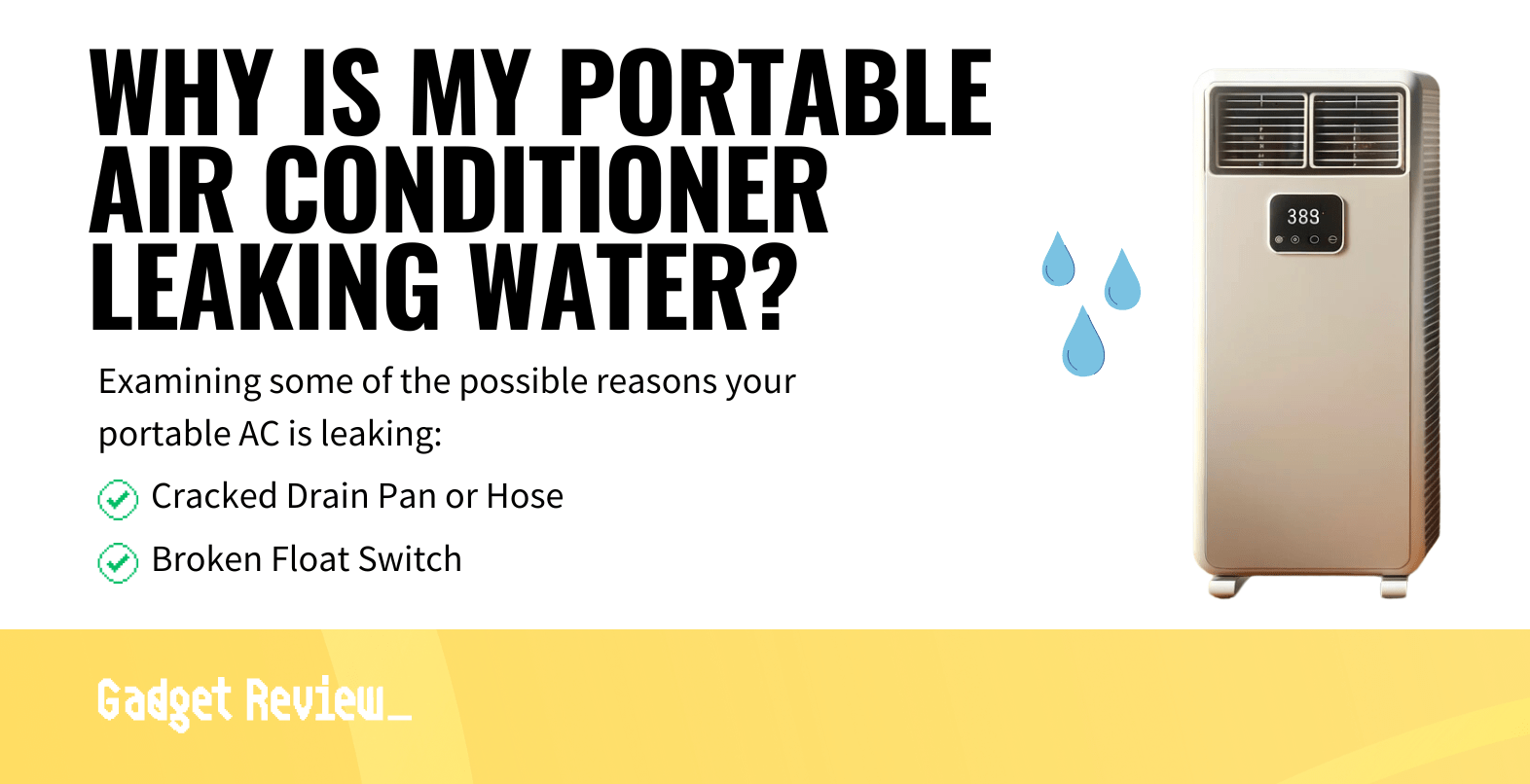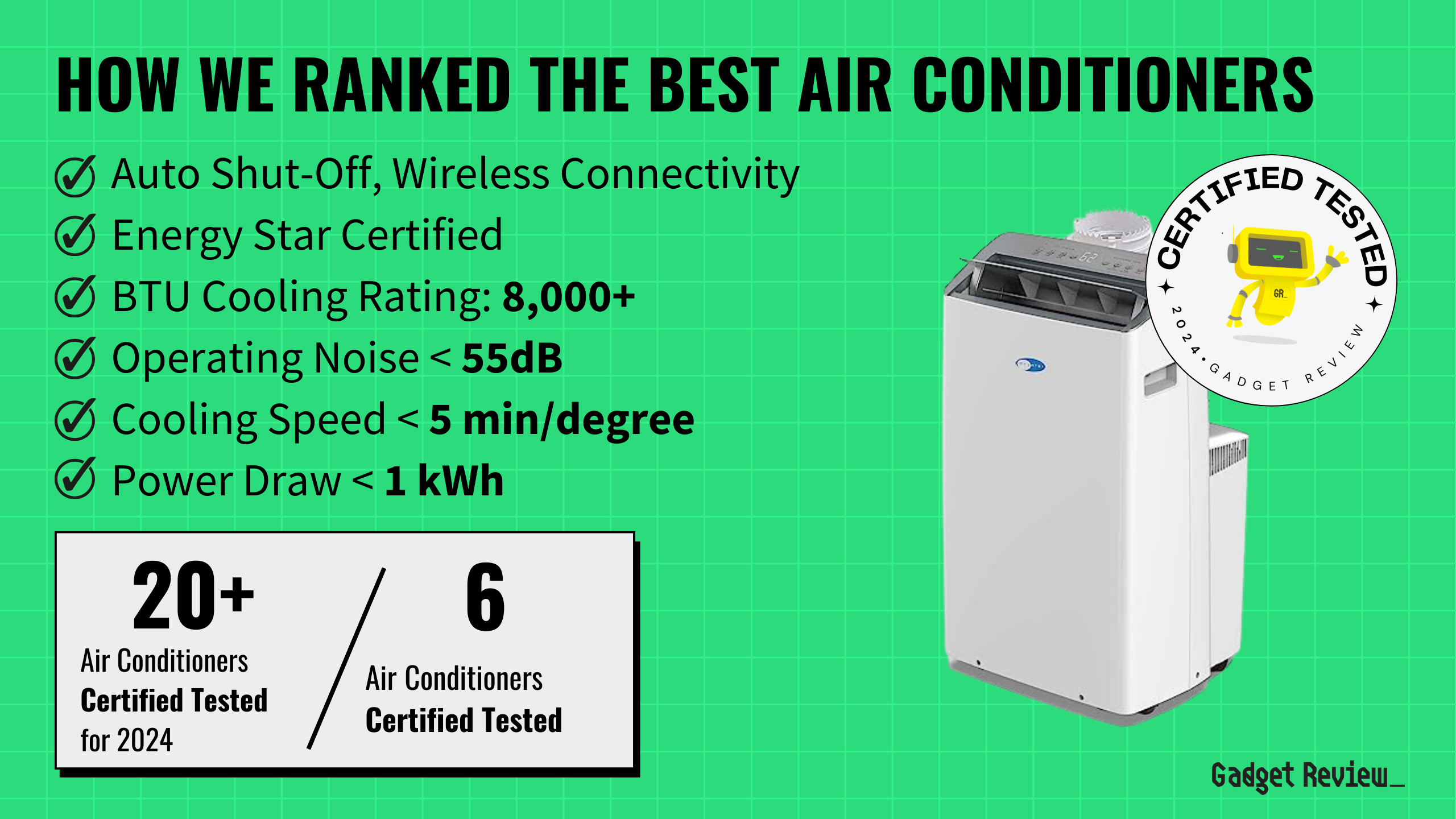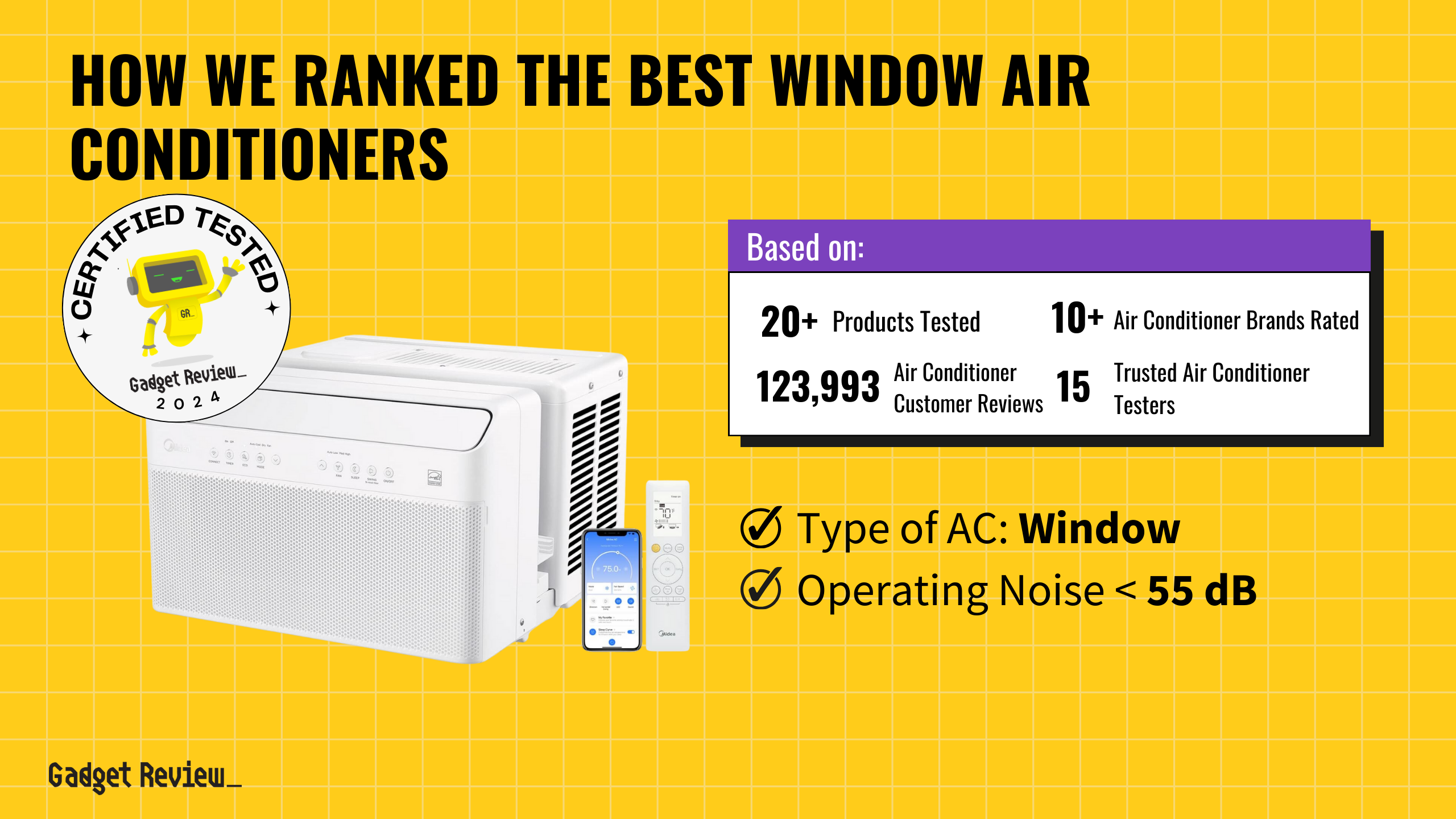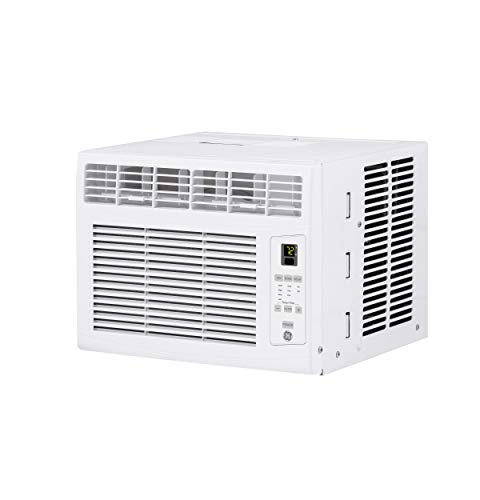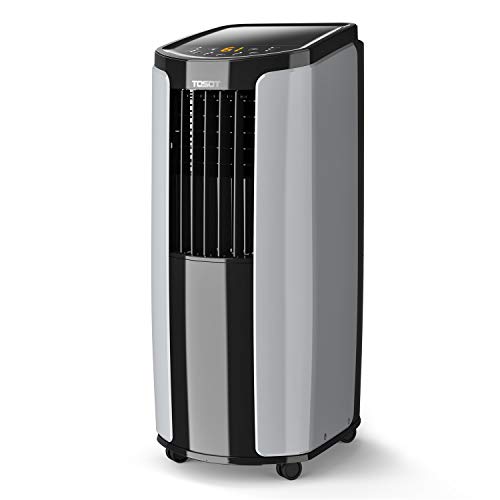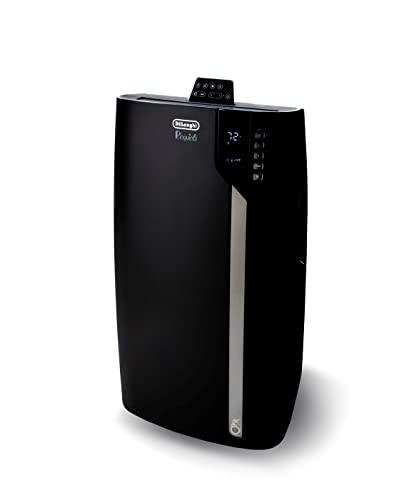If you are sweating while travelling in your RV, you want an AC unit that excels in cooling efficiency, portability, low power consumption, and high BTU ratings will ensure rapid cooling.
To create our buying guide, we evaluated over 20 air conditioners and verified the ones that impressed in long-term testing, scrutinizing 171,369 reviews. Our approach filters out fake and low-quality reviews using our proprietary data-derived True Score system, ensuring you get reliable recommendations. These top-performing air conditioner models provide the best blend of efficiency, portability, and quiet operation for your RV.
How Did We Rank the Best Portable Air Conditioners for RV?
Our review process for portable RV air conditioners involved dissecting testing methods across 200+ sites. We identified 3 nice-to-have features and 1 must-have specification through expert reviews and customer feedback. The True Score we provide is a culmination of this thorough analysis, ensuring your RV stays cool with the best options available.
Our commitment to unbiased reviews is powered by our ‘True Score’ system, targeting low quality and fake reviews. When you shop through our links, you’re backing our mission. Dive deeper to see how.
Minimum Specifications
- Must be portable.
? “Nice To Haves”
- Operating Noise: Less than 55dB.
- Power Draw: The unit draws less than 1 kWh of power during normal operation.
- Cooling Speed: The unit should be capable of cooling a properly sized room by at least one degree every five minutes.
Latest Updates
- 06/21/2024: Republished the list to include the best portable air conditioners for RV based on our True Score system.
Top Portable Air Conditioners for RV For 2025
Prices accurate at the time of publishing
Which Criteria Matters for Testing Best Portable Air Conditioners for RV?
By focusing on these criteria (3 nice to have), anyone can quickly and easily compare these air conditioners and how they’ll perform. This helps you make an informed decision and purchase an air conditioner that excels at cooling your RV.
| CRITERIA | RANGE | REQUIRED | DEFINITION |
|---|---|---|---|
| Operating Noise | < 55 dB | No (Nice to have) | How much noise the unit makes while it is under normal operation. |
| Cooling Speed | < 5 min/degree | No (Nice to have) | How long it takes a unit to successfully lower the temperature in an area by one degree, measured in minutes. |
| Power Draw | < 1 kWh | No (Nice to have) | How much power the unit draws whie under normal operation, measured in kilowatt hours. |
Our Trusted Data Sources
We looked at 60+ air conditioner reviewers and found that 15 are trustworthy (60%+ Trust Rating). The three we have listed below are our most trusted for air conditioners.
- Austin Palmer – TechGearLab, MuckRack
- Daniel Jackson – Your Best Digs
- Derek Hales – Modern Castle, LinkedIn
Interested in a comprehensive analysis of our data sources? We’ve got you covered. Below, you’ll find a detailed list of every air conditioner review website we’ve identified, organized by their respective Trust Ratings from highest to lowest. But we didn’t stop there. We’ve meticulously reviewed each publication and verified the data by checking whether the authors have bio links to MuckRack or LinkedIn. We’re committed to not only checking the facts but ensuring their veracity.
Air Conditioner Test Data & Results
1. Operating Noise (dB)
All air conditioners make noise, this is a fact. Generally speaking, the more airflow an A/C unit has, the louder it’s going to be, and (logically) the more capable it is of cooling larger spaces (or smaller spaces more quickly.) Quieter A/C units are less disruptive and are often more attractive if you like a more peaceful home, but if your cooling needs are very high, be ready to see higher noise levels.
It’s for this reason we recommend an operating noise level around 55 dB or less. This puts it below the noise of a typical conversation and allows the sound to fade away into being background noise or even white noise. Higher volumes can be distracting, especially if you’re very sensitive to droningsounds.
Operating Noise
< 55 dB
Acceptable range of performance
Definition: How much noise the unit makes while it is under normal operation.
Units of Measurement: dB (decibels)
Tools to Measure: Sound pressure level meter or decibel meter
Why It’s Important:
Loud units are annoying and disruptive, and quiet units fade into the background more easily.
Operating Noise (dB; lower is better; 0 = No Data)
2. Cooling Speed (Min/Deg)
Cooling Speed
> 5 min/deg
Acceptable range of performance
Definition: How long it takes a unit to successfully lower the temperature in an area by one degree, measured in minutes.
Units of Measurement: Thermostat, timer
Tools to Measure: Speed-checking software
Why It’s Important:
If you need rapid cooling, better cooling speeds mean you spend less time suffering heat and more time enjoying the breeze.
There are multiple factors that influence how quickly an air conditioning unit is going to cool down a space. The size of the A/C, if it’s in good condition or not, the size of the room, and the actual settings chosen (for example, using a quiet mode or a performance mode.)
We recommend a cooling speed of at least 5 minutes per degree lowered, but faster cooling speeds are always welcome. It’s important to note that this is for when you use the A/C unit in a room that it’s designed for. If you stick a very small A/C in a huge room, the cooling speed is going to be abysmal, and if you put an oversized unit in a closet, you’ll be putting up some impressive numbers, but neither are realistic.
Cooling Speed (Min/Deg; lower is better; 0 = No Data)
3. Power Draw (kWh)
The size of your A/C unit is often the biggest determining factor behind how much power it draws – bigger units with bigger mtors draw more power. But units that are the same size might not be built the same, and the power draw they exhibit can vary wildly in some cases, even when they’re on roughly the same settings.
We generally recommend a power draw of less than 1 kWh, but lower is better – provided it doesn’t impact your unit’s ability to cool. Some units (especially larger ones) will require more power no matter what though, especially if they have larger motors or claim to push more CFM and actually deliver on that claim.
Power Draw
< 1 kWh
Acceptable range of performance
Definition: How much power the unit draws while under normal operation, measured in kilowatt-hours.
Units of Measurement: kWh (kilowatt-hours)
Tools to Measure: Power meter
Why It’s Important:
High power usage means higher power bills when using your A/C, so the power draw should be as low as possible without sacrificing cooling performance.
Power Draw (kWh; lower is better; 0 = No Data)
Best Portable Air Conditioners for RVs: Mistakes To Avoid
- Ignoring BTU Rating: Buying a portable air conditioner without considering its BTU rating can lead to inadequate cooling or inefficiency. It’s important to choose a unit with a BTU rating that matches your room size. An underrated unit won’t cool effectively, while an overrated one will cycle too often, wasting energy.
- Neglecting Room Size: Underestimating the size of the room can result in an underperforming air conditioner, while overestimating can mean spending more than necessary. Measure your room’s dimensions and compare them to the manufacturer’s recommendations to ensure proper cooling capacity.
- Overlooking Ventilation Requirements: Not planning for proper ventilation can render your portable air conditioner ineffective. These units need to expel hot air outside, so ensure you have a window or another suitable venting option available.
- Forgetting About Energy Efficiency: Ignoring the energy efficiency rating of a portable air conditioner can lead to higher electricity bills. Look for units with a high EER (Energy Efficiency Ratio) to save money over time and reduce environmental impact.
The Best Portable Air Conditioners for RVs Tests Compared
Product |
True Score
|
Cooling Speed
|
Operating Volume
|
Power Draw
|
Recommended Room Size
|
Air Flow Rate
|
BTU Cooling Rating
|
Weight
| |
|---|---|---|---|---|---|---|---|---|---|
| 83 |
|
|
|
|
|
|
| $454.52 $660 $205 |
| 71 |
|
|
|
|
|
|
| $319.90 $427 $107 |
69 |
|
|
|
|
|
|
| $499.00 $600 $101 |


